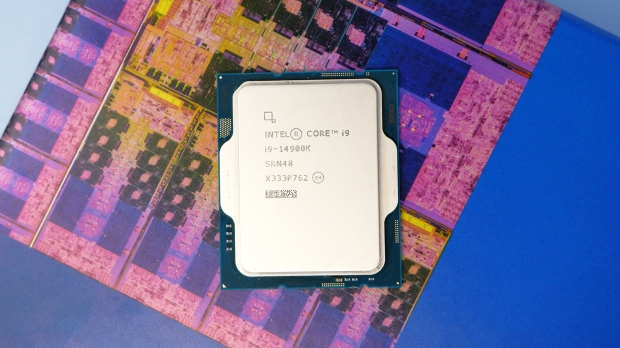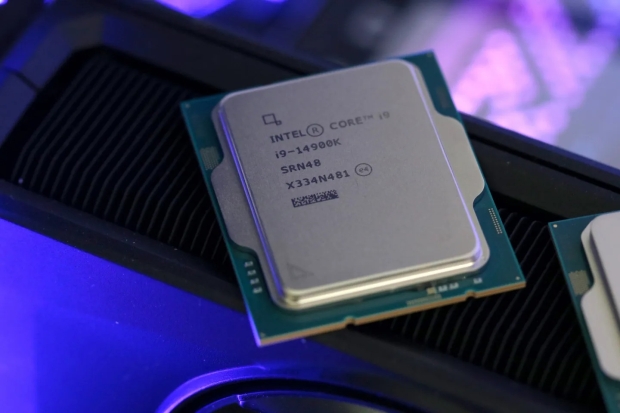Intel has responded to recent report the root cause behind instability issues being reported by 13th and 14th Gen CPU users has been discovered, with the company saying an investigation is still underway to determine the source of the problem.

The response from Intel came after a report from Igor Wallosek of Igorslab.de, who claimed he obtained a statement from an Intel official that the instability issues with the company's later generation CPUs were being caused by an incorrect value in the microcode algorithm that's associated with the chip's Thermal Velocity Boost (eTVB). For those who don't know, this feature enables the chip to detect when there is enough thermal headroom and respond by increasing clock speed.
However, Intel has now responded to those claims specifically, saying that while an error was detected in the microcode algorithm, and it may have contributed to the instability issue, it's not the "root cause." While the problem with the algorithm isn't believed to be the main problem, at least according to Intel, it's still recommended to owners of 13th and 14th Gen CPUs to update their BIOS to microcode 0x125 or later, as this microcode includes the eTVB fix.
"Contrary to recent media reports, Intel has not confirmed the root cause and is continuing, with its partners, to investigate user reports regarding instability issues on unlocked Intel Core 13th and 14th generation (K/KF/KS) desktop processors," an Intel spokesman told PCWorld. "The microcode patch referenced in press reports fixes an eTVB bug discovered by Intel while investigating the instability reports. While this issue is potentially contributing to instability, it is not the root cause."
Unfortunately, that is where the story ends for now, as Intel is continuing with its investigation that has long expired its expected timeline. The longer the problem goes unfixed the more likely owners of these high-end 13th and 14th Gen CPUs will be considering switching over to AMD.
"Failure Analysis (FA) of 13th and 14th Generation K SKU processors indicates a shift in minimum operating voltage on affected processors resulting from cumulative exposure to elevated core voltages," Wallosek wrote. "Intel analysis has determined a confirmed contributing factor for this issue is elevated voltage input to the processor due to previous BIOS settings which allow the processor to operate at turbo frequencies and voltages even while the processor is at a high temperature."



![Photo of the $10 -PlayStation Store Gift Card [Digital Code] for sale](https://m.media-amazon.com/images/I/41MT2s0Gm2L._SL160_.jpg)